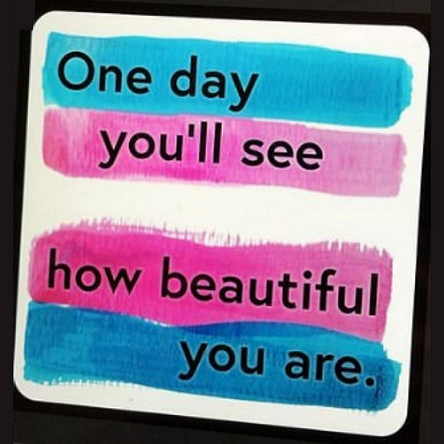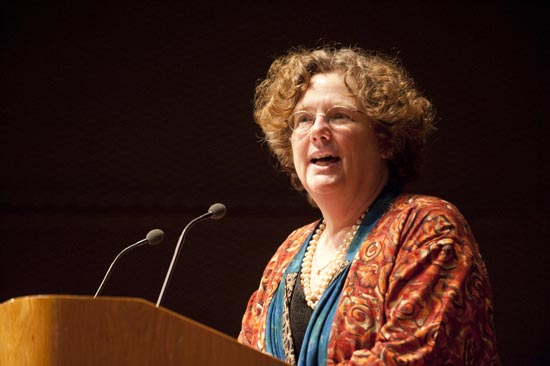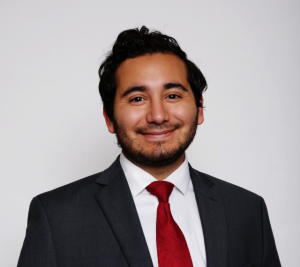by Mangala Kanayson

On the first day of Pride Month this year, the White House issued a proclamation on LGBTQ Pride Month while the governor of Florida signed a bill preventing some women from participating in women’s sports. The “Fairness in Women’s Sports Act” bans women and girls whose assigned sex does not match their gender identity from participating in women’s sports sponsored by public middle schools, high schools, and publicly funded colleges and universities. This year has already broken the record for state anti-transgender initiatives and lawmakers in Florida, Maine, Wisconsin, and South Carolina have pushed anti-transgender legislation all month long.
Policing the bodies of people of color, women, and minorities is nothing new to American policy. School and workplace dress codes, body shaming, hiring discrimination, and racism thinly veiled as “professionalism” permeate American culture. There is always some level of institutionalized repression when it comes to self-expression in formal social settings. Anti-transgender laws, however, do more than restrict self-expression. They exclude and alienate an entire identity and ultimately aim to criminalize the existence of an already marginalized group of people.


